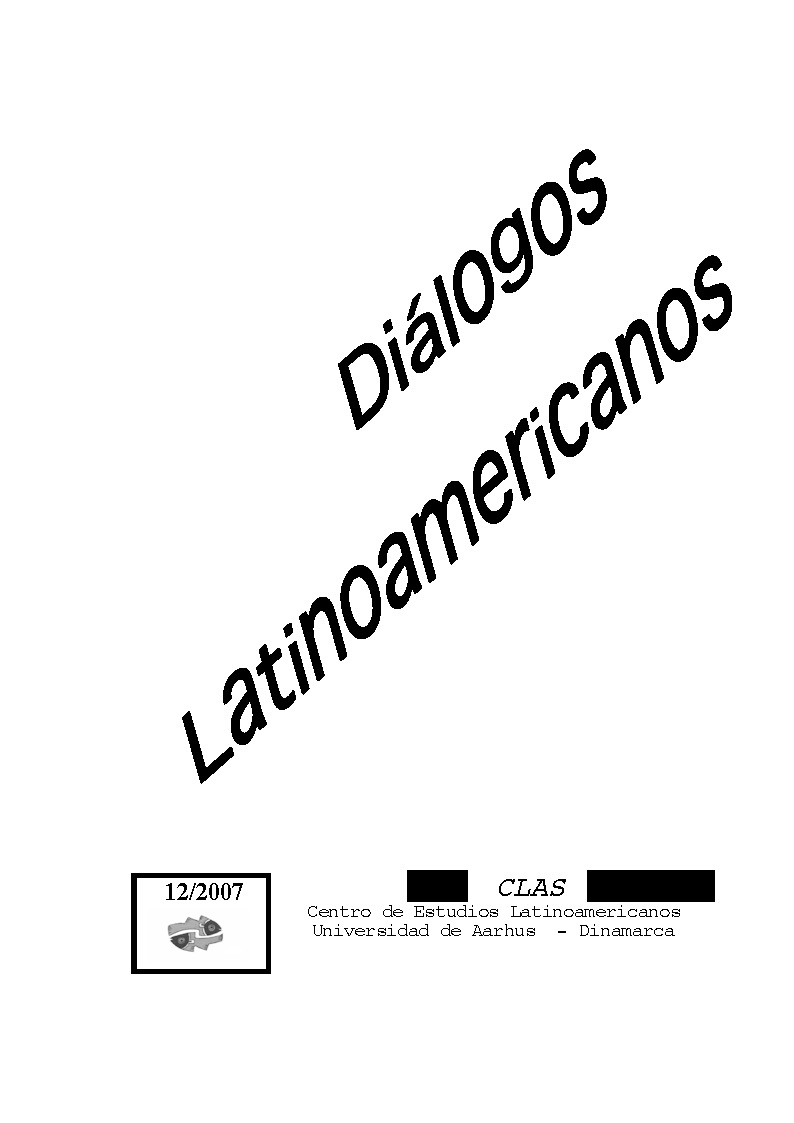Pancho Villa e a Revolução Mexicana
DOI:
https://doi.org/10.7146/dl.v8i12.113619Keywords:
Mexico, Revolution, Leadership, Pancho Villa, Anniversary CelebrationAbstract
México is preparing for the celebration of the 100th anniversary of
the Revolution. It was the first great social revolution of the 20th
century in Latin America. More than one million people out of a
population of 15 million died but many great victories were won, for
instance with regard to agrarian reform, the writing of a democratic
constitution and the making of a capitalist State.
Francisco Villa was the Revolution leader who commanded a
professional army in the north of the country. During the revolution
he was feared, and long after his death was considered a bandit.
However, from the 1970s onwards this view changed as it was
claimed that he had been a visionary leader.
Paco Ignacio Taibo presents three significant periods of Villa's
life during the Mexican Revolution: 1) 1911-1912: Pancho Villa allies
with I. Madero to overthrow the dictator Porfírio Diaz. 2) 1913-1915:
Villa allies with Álvaro Obregón to defend social changes in the
country. 3) 1916-1920: Villa begins a guerrilla warfare strategy to
oppose the established bourgeois regime.
Nowadays, Villa is perceived as a great leader who contributed
radically to the Mexican Revolution.
References
p.
Katz, Friedrich. La guerra secreta em México. México: Edições Era, 1981,
744 p.
Lopez y Fuentes, Gregório. Tierra: la revolución agrária en México.
México: Factoria Ediciones, 2004, 128 p.
Taibo II, Paco Ignácio. Pancho Villa: una biografia narrativa. México:
Planeta, 2006, 884 p.
Downloads
Published
How to Cite
Issue
Section
License
Counting from volume 31 (2022), articles published in Diálogos Latinoamericanos are licensed under CC-BY 4.0. Read more about the license terms here https://creativecommons.org/licenses/by/4.0/.
No Creative Commons license applied on volumes 1-30. All rights reserved by the authors. Readers may download, read, and link to the articles, but they cannot republish the articles.
With the publication of volume 31 (2022), authors retain the full copyright to their articles and give Diálogos Latinoamericanos the right to the first publication. Authors also retain copyright to earlier versions of manuscripts, such as the submitted (pre-print) and the accepted manuscript (post-print).
Copyright to articles published in volumes 1-30 is held by the authors.





